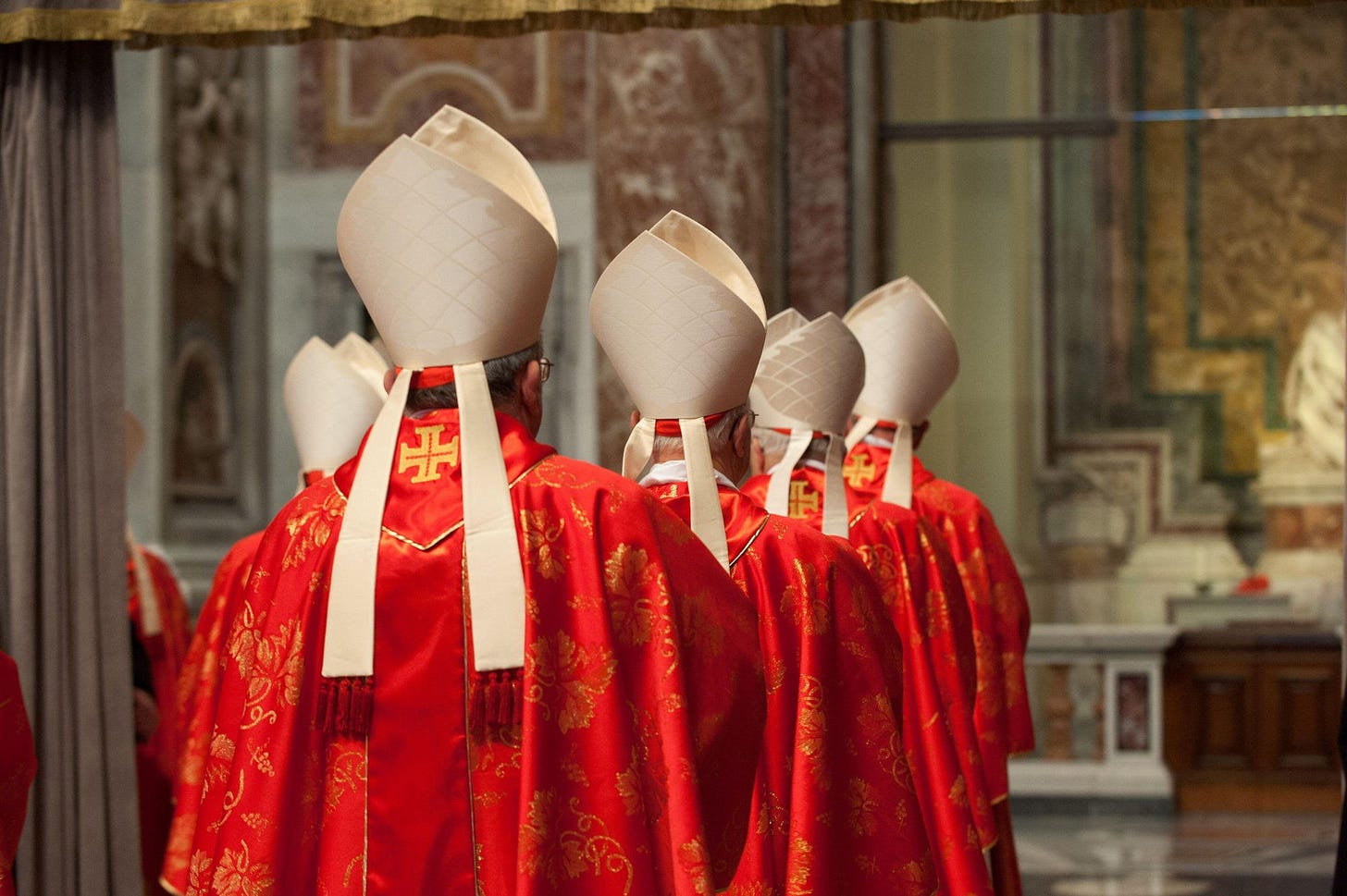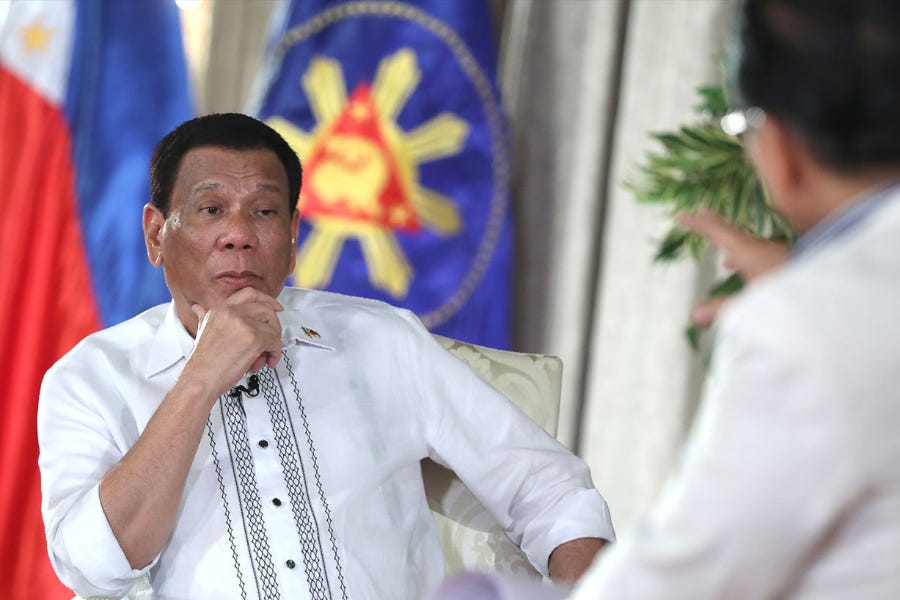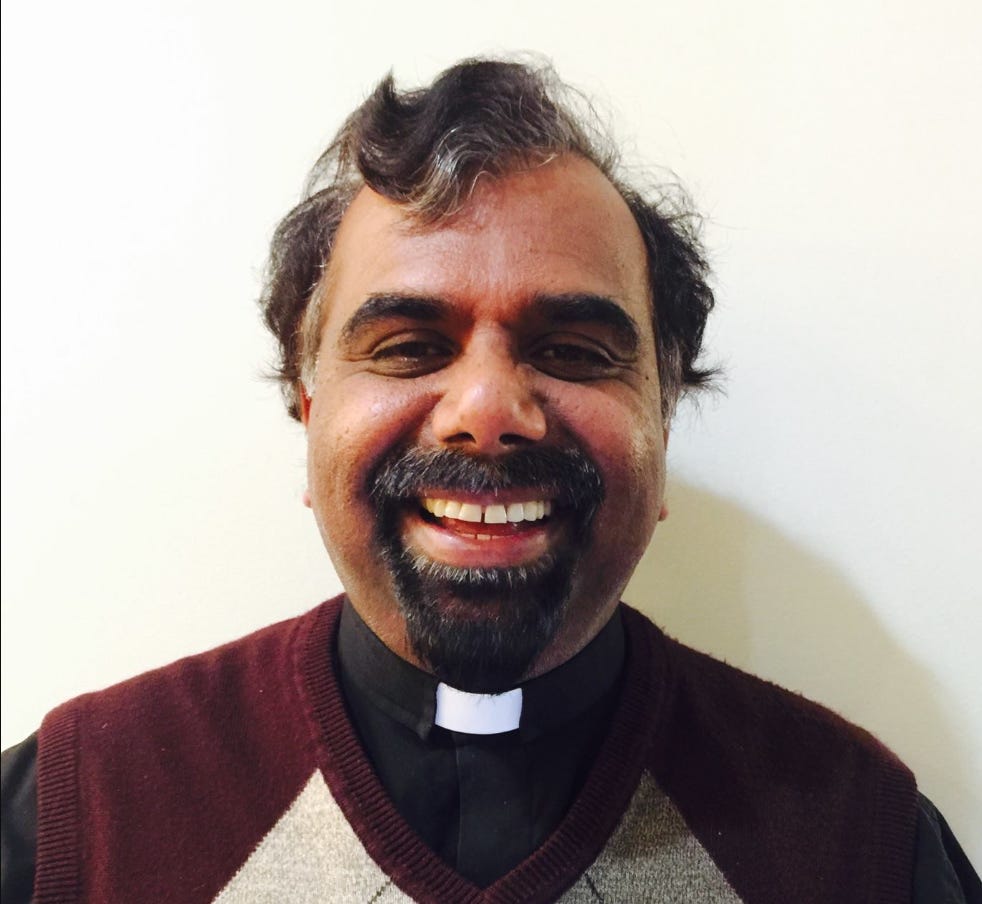
Cardinal Gerhard Müller suggested recently that the Vatican could appoint a layman or woman to serve as Secretary of State, in line with curial reforms issued by Pope Francis last year.
The suggestion from the former prefect of the Dicastery for the Doctrine of the Faith has been widely taken as either ironic, or as a barbed attempt at humor around the Vatican.
But what point was he trying to make?
And if the idea of a layperson serving at the top of the Roman curia isn’t to be taken seriously, what does it say about the nature of Francis’ reforms in Praedicate evangelium, the apostolic constitution promulgated last year?
In a passage on the role of women in the Church, Müller said that “I believe it is feasible to appoint a woman apostolic nuncio, or a woman Secretary of State or even Substitute for General Affairs.”
The cardinal, who led the Congregation for the Doctrine of the Faith until 2017, made the suggestion within the context of discussing how laymen and women can occupy any Church roles not linked with the sacrament of Holy Orders.
That qualification, that lay people can serve in those positions which do not require sacramental ordination to exercise, is actually one side of a fierce theological and canonical debate which has been underway since Francis promulgated Praedicate evangelium last March.
There is no reason to think the cardinal's comments were not sincere. But they were also intended to be provocative. And they've been seen inside the Apostolic See as as a subtle, calculated commentary on the actual - but unspoken - limitations on lay participation in the curia.
“Any member of the faithful can preside over a Dicastery or Office, depending on the power of governance and the specific competence and function of the Dicastery or Office in question,” the constitution said.
Although a lay person had already been serving for some time as the prefect for the Dicastery for Communications, the change was widely interpreted as clearing the way for increased lay participation in the governance of the Church at its highest levels.
The law itself says that the jobs open to laity depend on the specific mandates of individual departments, but there has been no definitive list given of jobs open to non-clerics.
Many canonists and theologians have argued that any role touching the care of souls, the spiritual and sacramental authority of the Church, could only be held by clerics, since the power of governance in Catholic theology is linked to the sacrament of Holy Orders.
Others, however, have suggested that Praedicate opens the way for lay people to serve in any role, in any Vatican department, saying that the power of governance in the Church comes from the mandate to serve in the office.
In a press conference presenting the new constitution, a prominent canon lawyer subsequently made a cardinal by Pope Francis, Fr. Gianfranco Ghirlanda, SJ, argued that when people are appointed to curial roles, they essentially exercise the pope’s own governing power vicariously, and do not require any sacramental capability of their own to do so — even if their roles involve exercising spiritual jurisdiction over bishops and priests.
That line of reasoning would, opposing canonists contend, be a departure from centuries of Catholic theology, and mean even non-Catholics, or unbaptized people, could exercise governing power in the Church in the name of the pope.
📰
But the full scope of his support has not been made clear — he has yet to appoint any new lay dicastery prefects since the new constitution was issued nearly a year ago.
While Francis has appointed three women to serve on the Dicastery for Bishops — the Vatican body responsible for episcopal nominations worldwide — even when replacing cardinal prefects in departments which all sides agree could be led by a lay person, like the Dicastery for Education and Culture, Francis has so far opted for traditional clerical appointments.
While many canonists and theologians argue that lay people cannot lead dicasteries like the departments for bishops, clergy, or doctrine, others have pushed for such appointments to be considered.
However, few would on either side dispute Müller’s assertion that a layman or woman could lead the Secretariat of State, since that department oversees the Vatican’s civil jurisdiction over Vatican City, and manages its diplomatic engagement with governments and international bodies — at least in theory.
Yet, despite there being no obvious ecclesiological or theological bar to a lay Secretary of State or sostituto, the move is unthinkable to many — including, apparently, many of those who worked to shape Francis’ reforms.
Understanding that is what makes Müller's joke funny around the Vatican.
Even while the Secretariat of State has no spiritual function and exercises no sacramental authority, in earlier drafts of Praedicate evangelium the secretariat was the only department required to be led by a cardinal.
While that stipulation was dropped from the final draft, the underlying presumption was clear: As the department which coordinates the rest of the curia’s work and collaborates most closely with the pope himself, its two most senior offices function as de facto papal prime minister and chief of staff, respectively, and should be clerics.
As word of Müller’s suggestion spread around Rome, it was widely received as a kind of troll of curial reformers — a pointed jibe at the willingness in some quarters to put lay people in charge of spiritual matters, even those linked to sacramental ordination, but not the highest exercise of governing power.
The timing of Müller’s comments have also been noted by many. On Wednesday, the Secretary of State, Cardinal Pietro Parolin will testify in the trial of his former deputy, Cardinal Angelo Becciu, at the landmark Vatican City trial centered on charges of coordinated financial corruption by several former senior officials at the department.
Yet, even while many people ask if the Secretariat of State is perhaps the Vatican department most suited for more senior lay involvement, it recently lost one of its most senior lay officials.
Earlier this month, Francesca Di Giovanni, the Secretariat of State’s most senior woman official, was replaced with a cleric as undersecretary of the diplomatic section. No mention of Di Giovanni was made in the announcement of her replacement, despite her becoming the first woman to hold the position when she was appointed in 2020, and her leaving the role only part way through the usual curial five year term.
Start your day with Starting Seven - a daily news roundup in your inbox.
—
Several heads of curial departments are currently serving past the nominal Vatican age of retirement at 75. These include the prefects of the Dicasteries for Bishops and the Doctrine of the Faith, as well as the Dicastery for Laity, Family and Life.
While Francis may move to replace all, some, or none of the cardinals leading those departments in the coming year, many will continue to watch for new lay appointments at all levels of the curia.
Many will consider it ironic if laymen and women are increasingly handed spiritual power, at the cost of an enormous a theological fight, while the levers of power of the Vatican’s civil government are kept for the clergy.



